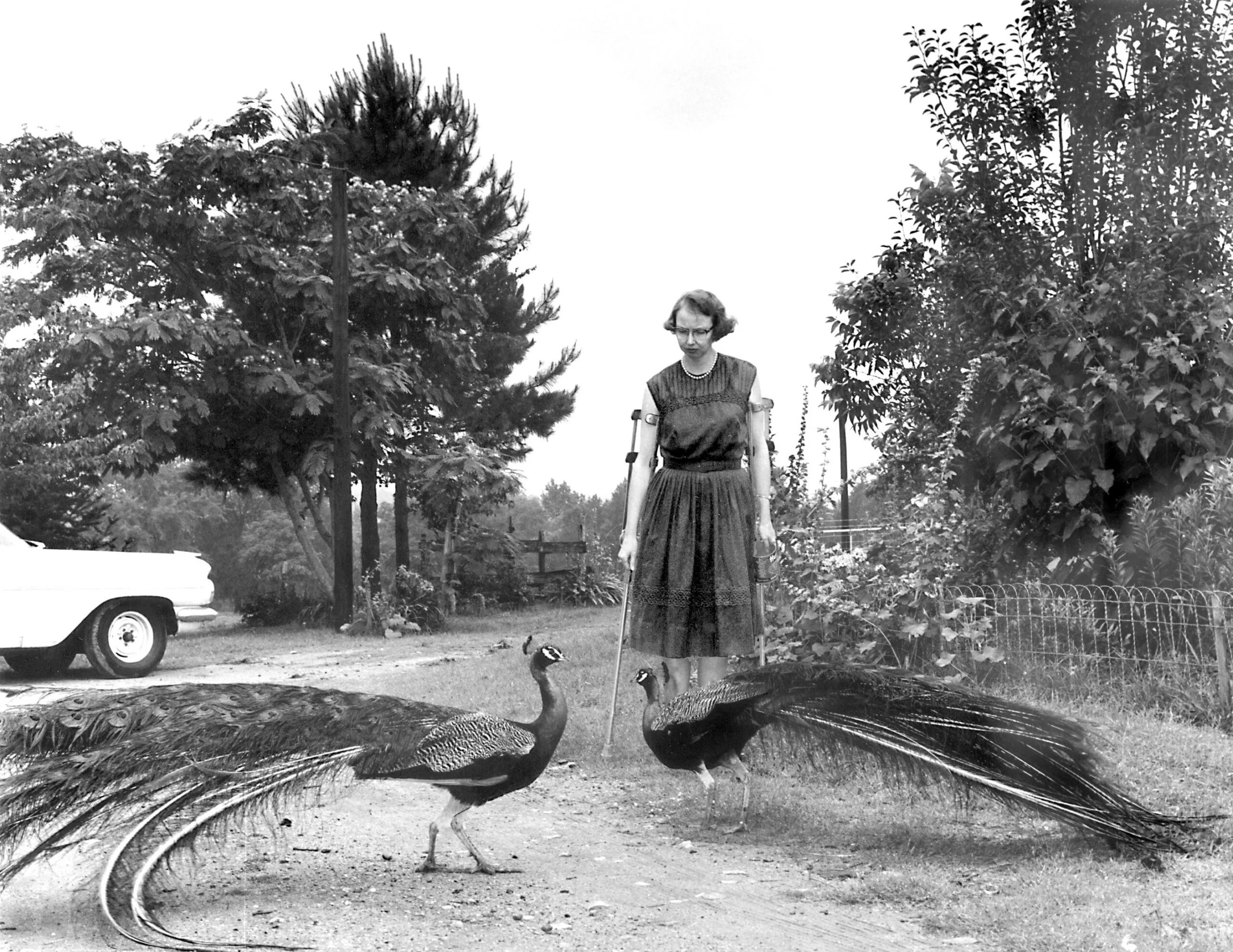Self-Knowledge and Identity in Tolstoy and O’Connor
At times we may think that we know the truth about our desires, identity, or character—only to discover that we were blind and mistaken. Frequently, such self-knowledge requires a crisis or an intervention from something or someone outside us. Without that, we would live with a false conception of ourselves and our place in the world. Can we distinguish between our true identity and our false conceptions? How do we come to know ourselves? This summer, join Morningside as we explore these topics in the short stories of Leo Tolstoy and Flannery O’Connor.
Leo Tolstoy is acclaimed as the greatest novelist of all time, but his short stories are remarkable, detailed, and introspective. Flannery O’Connor is today remembered as one of the great American writers, especially for her short stories. We will use this edition of Tolstoy’s short stories, but feel free to use another.
Tolstoy: Tuesdays in June 6, 13, 27, and Wednesday, July 5
O’Connor: Thursdays in June 29, July 6, 14, 20
Schedule
Tuesday, June 13: Leo Tolstoy, “The Death of Ivan Ilyich,” “What Is Art?” (excerpts)
Thursday, June 29: Flannery O’Connor, “The Life You Save May Be Your Own,” “Novelist and Believer”
Wednesday, July 5: Leo Tolstoy, “Fr. Sergius,” “Alyosha the Pot”
Thursday, July 6: Flannery O’Connor, “Parker’s Back,” “The Grotesque in Southern Fiction”
Other questions to consider:
How do our authors’ particular backgrounds shape their stories? How does being Russian and idiosyncratically Christian, or Southern and Catholic, shape their work and their understanding of self-knowledge? What does the short story as a form teach us about human life? How does it reveal the truth about aspects of our existence in a way different from poetry or the novel?

